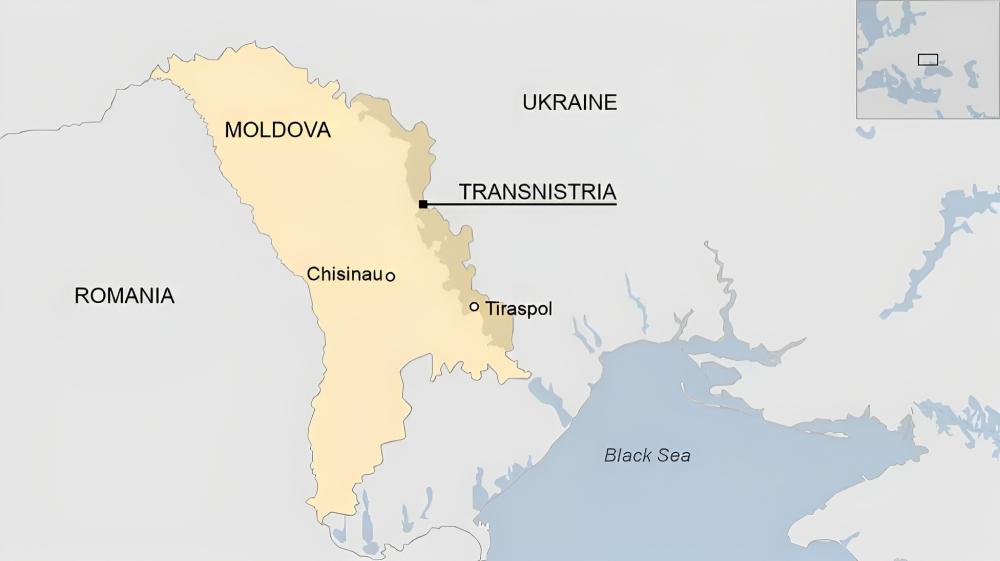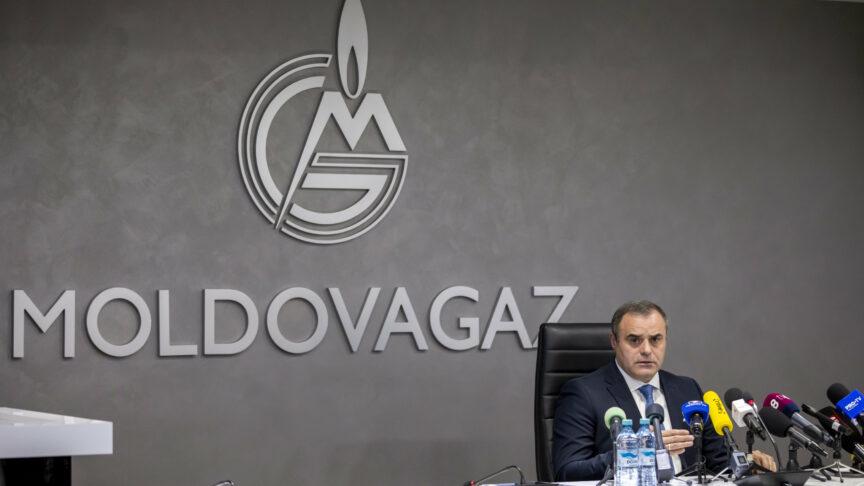Moldova’s ending dependency on Russian natural gas Another fragmented country?
Like the European Union member states, Moldova was one of the top destinations of Russian natural gas exports until the geopolitical map of Europe significantly changed following the inception of Ukraine's invasion. But over the last year, Moldova has managed to achieve full independence from Russian gas, develop alternative supply routes, unbundle the energy market, and disprove its debt to Russian majority state-owned gas company, Gazprom.
As such, the first half of September 2023 saw two developments in Moldova that have limited Gazprom's influence in the country, namely the completion of the external audit of the so-called historic debt that Moldovagaz owes to the Russian company. Reportedly, the Moldovan side owes it around $709 million. This debt is independent of the so-called Transnistrian gas debt of around $8 billion.
Russia had supplied all of Moldova's natural gas until then, but efforts to clinch a renewed deal fell through when Gazprom proposed a price rise, and Moldova baulked at paying the increased rate. In this vein, Gazprom slashed gas flows by one-third in October 2023 to 5.7 million cubic meters a day, citing overdue debts.
Moldova has an immediate short-term need for direct financial support from the EU to offset rising energy costs. The European Union recently pledged 250 million euros during European Commission President Ursula von der Leyen’s visit to Chisinau.

Moreover, France’s pledge of 100 million euros announced at November's Moldova Support Platform in Paris was another positive step, but Moldova will need sustained funding to purchase electricity on the European spot market continuously.
Moscow has long had a two-pronged strategy to block Moldova from breaking away from Russia's orbit and Russian-dominated organizations and pursue integration with the West through membership in the EU and North Atlantic Treaty Organization (NATO). For that purpose, Moscow deliberately inflamed tensions between the Moldovan government with the breakaway region Transnistria and Gagauz autonomy, internationally recognized parts of Moldova.
Moldova’s pro-Western and anti-Russian stance gained impetus during the presidency of Maia Sandu, who has refused to yield or even be diverted from its Western course. Nevertheless, in a sign that energy and politics are never far apart, the crisis is causing a public outcry and escalating tensions with Transnistria, a pro-Russian breakaway territory in the east of Moldova.
As a result, Moscow has adopted a new strategy of providing lower prices for natural gas to only Transnistria, Gagauzia, and those regions that voted for pro-Russian parties. The Kremlin hopes that Moldovans will see the benefits of staying loyal to Russia and the dangers of resistance.
Unsurprisingly, Russia has long weaponized the energy factor against regional and Western states to impose the most favourable agenda, particularly in light of the ongoing invasion campaign of Ukraine. The effects of Russia’s invasion of Ukraine can already be felt beyond Ukraine’s borders.

Moreover, Russia's actions justify Moldova's current mainstream narrative that Chișinău’s policy of gas supply diversification is a direct result of the actions taken by Russia, which has consistently used Moldova’s previous dependence on Russian gas to exert political and economic pressure on the country.
Every missile that falls on Ukraine exacerbates Moldova’s energy crisis and pushes the country closer to the brink. To expose the vulnerability of the EU and other states like Moldova, Moscow frequently interrupted gas flows to Europe.
Hence, heading into winter, when natural gas is needed to heat homes and generate electricity and power factories, any supply reductions could mean higher prices, fueling inflation and squeezing households and businesses.
Using energy elements, Russia will likely exacerbate conflict within the tiny and economically vulnerable Moldova. Considering that the pro-Russian Shor party recently gained a majority in local elections across the country, while the pro-Russian leader of Gagauzian autonomy, Yevgenia Gutsul, agreed with the Russian company to receive natural gas at a lower price, Moscow still maintains unhindered influence in the region.
Moreover, Ukraine's failed counter-offensive against Russia in 2023 will prolong the war, causing the West's diminishing support. In that sense, Moldova could have witnessed a new round of political turmoil on its soil initiated by the Kremlin.








